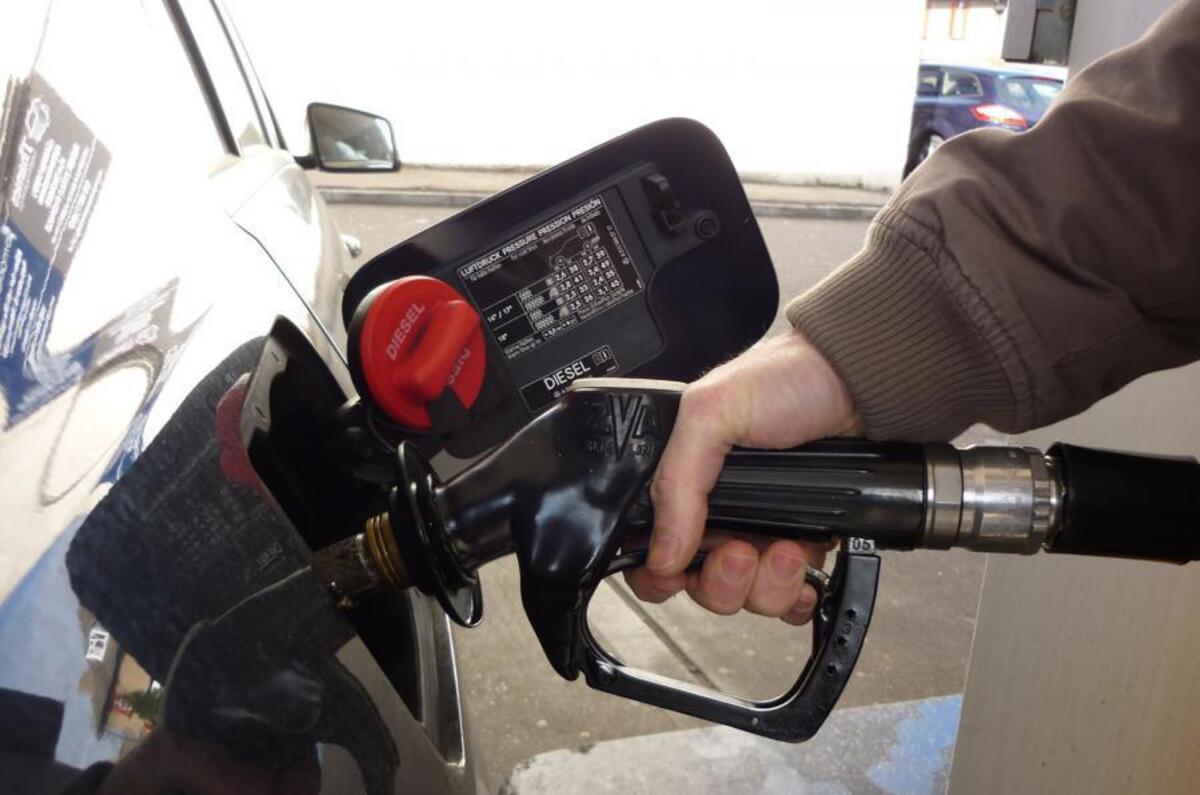This time last year I wrote about diesel still being the right choice of fuel for some drivers. A reader got hold of my phone number and, after a heated debate, accused me of playing an active role in the deaths of my children (who had been pictured in a report about a long-term test car, a diesel-powered Skoda Kodiaq).
It was, I must admit, quite an emotive finale (yes, I bade him farewell pretty soon afterwards) to a conversation that had, up to that point, been notable for both of us quoting ‘facts’ at one another that we each passionately believed in.
Read more: The 2018 car market winners and losers in detail
My view boiled back to the fact that the very latest diesels - independently tested by mirrored that of the car industry, something that always worries me, as I don’t want to be a stooge who just parrots one side of an argument, but - to stress again - it was backed by the results of our own testing.
His argument, however, was based on the pronouncements on a multitude of academics and doctors, all damning diesel. It takes a pretty special kind of arrogance for a journalist to deny experts in their field, but I still believed that none of the evidence being presented was applicable to the latest diesels that were only just coming to the market.
But what did I know, especially when this time last year there was a mountain of rhetoric to support his stance, much of it pushed out by various government departments (but principally Michael Gove as Environment Secretary) and all of which had built up to a point that ‘dirty diesels’ (regardless of age and emissions-reducing capabilities) had become a staple of the front pages for a period?
Now, 12 months on, is it time to reassess the so-called facts? I think so, chiefly because the idea that modern diesels are part of the solution rather than problem is gathering pace, the arguments now backed by the results of the new, tougher-than-ever WLTP test regime that has been rolled out across Europe and which - even attackers of ‘old’ diesels are starting to admit - are proving the significant gains that have been made.





Join the debate
Add your comment
Sponsored article by VAG,
Sponsored article by VAG, Benz or even Jag ?
No modern car journalist worth his salt should be promoting diesel cars in this day and age.. it just boggles the mind !
smog
Hipo is correct about what he says abput all the anti smog kit on a diesel only working when it is fully warmed up. But this also applies to the catalyst on a petrol car. There was a lot of debate about this at the time of introduction of catalysts in the early '90s. If you are driving less than 5 miles, the catalyst won't do anything. Are emissions recorded with a cold engine from start-up? They should be, as this is more representative of the average journey emissions.
But a diesel takes time to warm up. I can recall warming up an old Mini in about a mile, but, living as I do in a town on top of a 700 ft hill, my intercooled turbo diesel doean't warm up fully on the first 10 miles of any journey to Glasgow in the morning, and in winter it's longer still. A nearby motorway has a steep descent on it and travelling down it at the local speed limit, it actually gets colder according to the temp gauge on the dash
I do not think so.